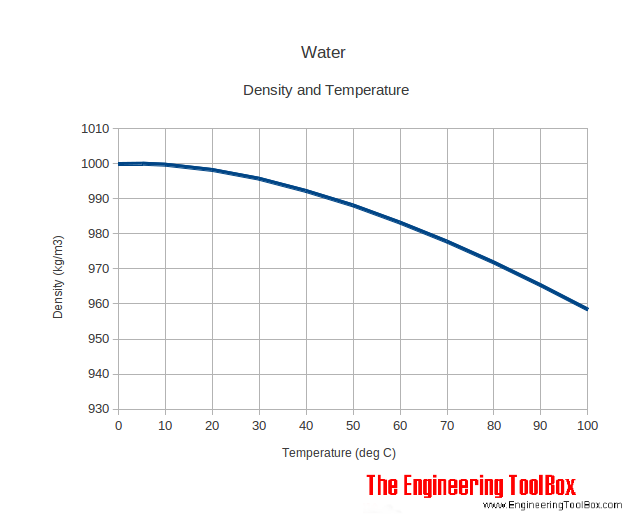A thought occurred to me recently so I thought I would voice it for discussion.
I have been using mostly my refractometer for all my readings and when double checked with a hydrometer I have found the readings to be very accurate, UNTIL I start reading real dry, near and below 1.000, I find the hydrometer to ready lower than I get from my compensated brix reading.
Then I started thinking, how are we compensating for alcohol with hydrometer readings?
Take this as an example just for argument. I start at 1.020 and finish at 0.990,
take that at face value I would have fermented .030 sugar? how when water is 1.000, I only had 0.020 of sugar to begin with. Alcohol being lighter than water accounts for the other 0.010.
Just saying I am not real sure ABV is being calculated properly just because of the effect of alcohol itself on the hydrometer.
Any thoughts?
I have been using mostly my refractometer for all my readings and when double checked with a hydrometer I have found the readings to be very accurate, UNTIL I start reading real dry, near and below 1.000, I find the hydrometer to ready lower than I get from my compensated brix reading.
Then I started thinking, how are we compensating for alcohol with hydrometer readings?
Take this as an example just for argument. I start at 1.020 and finish at 0.990,
take that at face value I would have fermented .030 sugar? how when water is 1.000, I only had 0.020 of sugar to begin with. Alcohol being lighter than water accounts for the other 0.010.
Just saying I am not real sure ABV is being calculated properly just because of the effect of alcohol itself on the hydrometer.
Any thoughts?




